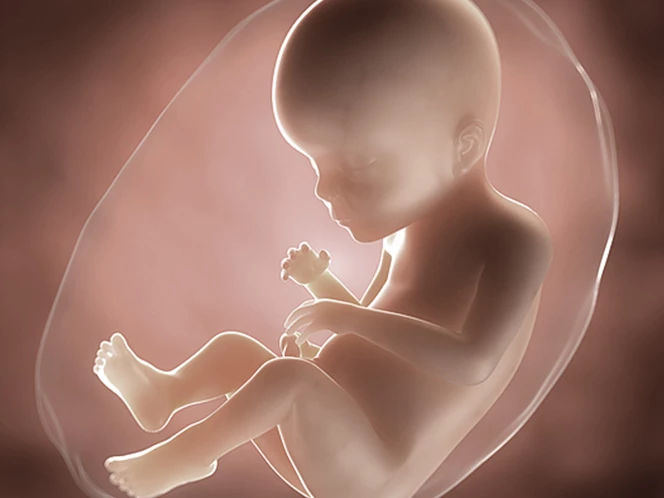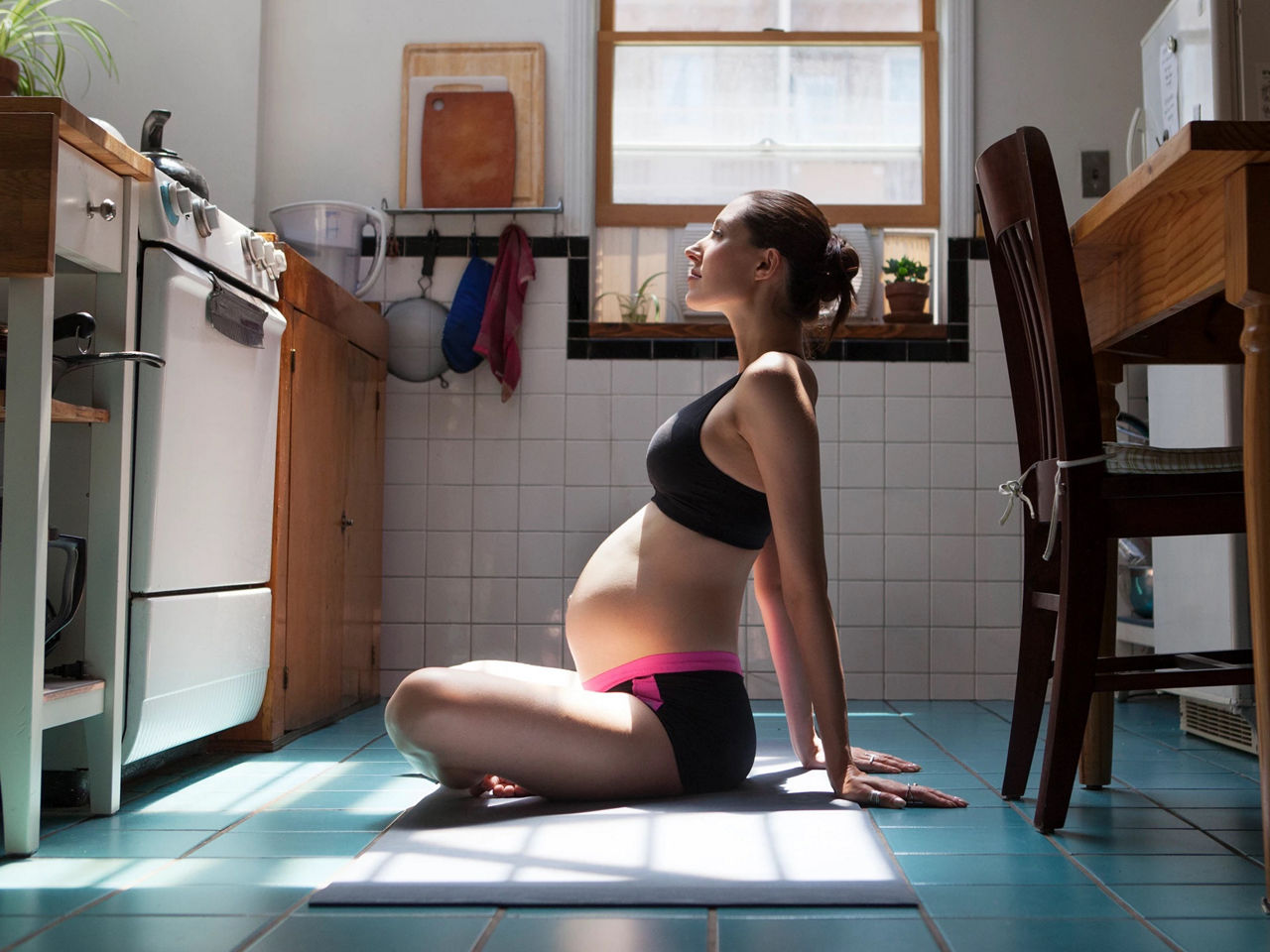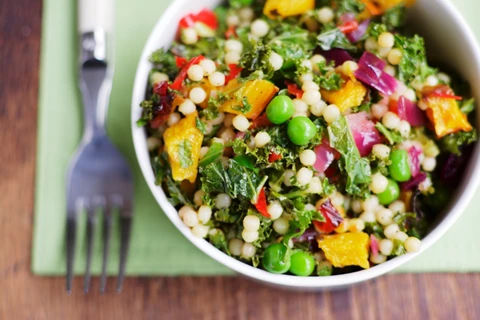23 Weeks Pregnant: Pregnancy Symptoms & Baby Development

Explore pregnancy stages week by week
23 weeks pregnant is how many months?
Month 6 (Trimester 2)
What does my baby look like? What size is my baby?
In week 23 of pregnancy, your baby will have grown to around 20cm in length and weigh about 450g - roughly the size of a grapefruit1.
Your baby is gaining weight fast now. At this stage, his or her skin will still be transparent and appear as if it’s a little too big. That’s because it grows faster than their body, which then plays catch-up as it expands by storing fat. As your baby stores fat, their skin will lose its delicate, transparent appearance and start looking plumper and more solid2.
By now, you should feel your baby moving regularly. Along with kicking, twisting, turning and stretching, your baby can now grasp the umbilical cord if it passes near their hand.
His or her limbs will now be in proportion, and your little one will start to look more like the cute baby you’re expecting. Over the next few weeks, you’ll start to feel these longer limbs as they continue moving. You may also start to see some movements through your bump, too.
 Baby development at 23 weeks
Baby development at 23 weeks
Pregnancy at 23 weeks (second trimester) What’s happening in my body?
Now you’re over the half-way mark of your pregnancy, you’ll notice your baby really starting to grow. You may start experiencing some pain as your rib cage expands to accommodate your growing child. You’ll feel it even more so if your little one decides to practice some kung-fu, and jabs you with a wayward foot.
Being active and exercising can help you stay comfortable, and it’s especially good for back pain, which is common in pregnancy. The NHS recommends prenatal yoga or aquanatal classes (gentle exercise classes in water) with a qualified instructor3. These can help build your muscles to better support your back.
You could also experience breathlessness as your baby grows. Your womb continues to push up, and will eventually impact the diaphragm, which is the muscle that sits under your ribcage and which controls your breathing. In turn, this also presses on your lungs4.
You can help ease the feeling by standing upright (this also helps ease backache from carrying another person), or taking the weight off your feet completely and relaxing with a book or a movie.
Pregnancy symptoms in week 23
Focus on Calcium
Calcium is an important mineral, and should form a key part of your diet. Adult women need 700mg of calcium each day, whether pregnant or not10 - a reduction from the 1000mg recommended for adolescent females between 11-18 years old11. According to one study, an adequate intake of calcium in pregnancy may also help to reduce the risk of pre-eclampsia and preterm birth12. Thankfully, calcium is found in plenty of foods, including:
- Calcium-fortified breakfast cereals
- Dairy products, including pasteurised milk, yogurt and hard cheese, like cheddar (not soft blue cheese, or soft cheese with a white rind)
- Fish with edible bones (like sardines)
- Nuts and seeds, especially almonds and sesame seeds
- Figs or dried apricots
- Green vegetables like curly kale or spinach
- Tofu
- Calcium-fortified milk alternatives, such as certain oat milks

The body can’t make calcium, so it can only be sourced through diet. If you’re not getting enough calcium each day from your diet, your body will use its own stores of calcium, which could affect your bone health.
The science behind Calcium, Powered by Nutricia
Ask anyone what calcium’s good for and you’ll hear ‘teeth and bones’. After all, that’s how 99% of calcium is used in the human body1. However, you shouldn’t discount the remaining 1%. This tiny amount gets just about everywhere: Almost every cell in our body uses calcium in some way13, and as your pregnancy develops, your body’s ability to absorb calcium increases14.
This marvellous micro-mineral is also responsible for important functions like muscle contraction (including the heart), neurotransmitter secretion, digestion and blood clotting. Calcium also supports structures other than the skeleton, including membranes15.
If you happen to be on thyroid hormone replacement medication while pregnant, tell your doctor or midwife immediately. Calcium and iron supplements can interfere with the absorption of your thyroid supplement16.
related articles
Read More

Need some help?
You can get quick answers to common questions in our FAQs.
Alternatively, if you need help with general pregnancy or baby advice, or maybe on using or ordering our products - our expert team are always on hand to talk about feeding your baby.



